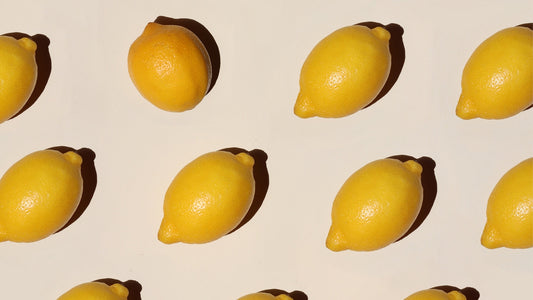Maxwell House is one of the most iconic American coffee brands that can be found on grocery shelves across the country. This article provides an overview of Maxwell House Coffee, with a specific focus on their decaf coffee, exploring the decaffeination process used, and addressing the common question: Does Maxwell use the Swiss Water Process or organic beans for their decaf coffee?
Maxwell House: An Overview
Maxwell House Coffee, founded in 1892 by Joel Owsley Cheek and Roger Nolley Smith in Nashville, Tennessee, is one of the most iconic American coffee brands. Known for its historic slogan, "Good to the Last Drop," the brand boasts a rich heritage intertwined with American history. It gained early fame when it became the preferred coffee of the Maxwell House Hotel, which purportedly served it to President Theodore Roosevelt. Maxwell House is recognized for its wide variety of coffee products and commitment to quality. The brand, now owned by Kraft Heinz, continues to be a staple in many American households, offering both traditional and modern coffee blends to suit a range of tastes.
Decaf Coffee at Maxwell House
Maxwell House offers a range of decaffeinated coffee products, catering to different preferences. Some of their popular decaf options include:
- Maxwell House House Blend Decaf Coffee K-Cup Pods: Convenient for those who prefer single-serve brewing.
- Maxwell House Original Roast Decaf Medium Roast Ground Coffee: A staple for traditional coffee drinkers, available in various sizes including a 29.3 oz canister.
- Maxwell House Decaf Instant Coffee: Offering a quick and easy coffee-making experience, available in an 8 oz jar.
- Maxwell House International Decaf & Sugar-Free French Vanilla Café Style Instant Coffee: A flavored option for those who enjoy a hint of vanilla in their coffee.
- Maxwell House Decaf Suisse Mocha Instant Coffee International Café: Another flavored instant coffee option, blending decaf coffee with a rich mocha taste.
These products allow decaf drinkers to enjoy the classic Maxwell House taste without the caffeine.
How does Maxwell House decaffeinate their coffee?
Contrary to what some consumers might think, Maxwell House does not use the Swiss Water Process for decaffeinating its beans. Instead, according to checkyourdecaf.org, Maxwell House opts for the methylene chloride method. Methylene Chloride is an active ingredient in paint stripper that was recently banned by the EPA. However, the FDA currently allows methylene chloride to be used in the coffee decaffeination process and brands are not even required to disclose the decaffeination process on their label.
Why Not Swiss Water Process?
The Swiss Water Process, widely recognized for being a chemical-free method that relies on solubility and osmosis to decaffeinate coffee beans, is not utilized by Maxwell House. While this process is praised for preserving the flavor profile and being environmentally friendly, it is also more costly compared to methods that use chemical solvents like methylene chloride or ethyl acetate.
Organic Beans: Are Maxwell House Beans Organic?
Maxwell House has not explicitly advertised its beans, including decaf, as organic. Organic beans are those grown without the use of synthetic pesticides and fertilizers, and to be certified, they must meet stringent standards set by certifying bodies. Maxwell House's choice not to use organic beans could be due to various factors, including supply chain considerations, cost implications, and the logistical challenges associated with sourcing organic beans on a large scale.
Consumer Considerations and Preferences
For consumers, understanding the type of decaffeination process used is vital, especially for those who are health-conscious or environmentally aware. Brands are not required to disclose what process they use, but consumers deserve to know how their decaf is made and if they are getting chemicals in their coffee. Similarly, the choice between organic and non-organic beans often comes down to personal preference, environmental considerations, and sometimes, taste.
Conclusion
Maxwell House' approach to decaf coffee, using the methylene chloride method and non-organic beans, reflects a balance between cost-effectiveness and consumer preferences. While it might not meet the criteria for those seeking exclusively Swiss Water Processed or organic beans, Maxwell House continues to be a popular choice for a large segment of coffee consumers. Understanding these aspects helps consumers make informed choices based on their personal preferences, health considerations, and environmental concerns. As the coffee industry evolves, so do the choices available to consumers, and Maxwell House remains a traditional player in this ever-changing landscape.




